I work with a few Venezuelan natives. They all were literally chased out of Venezuela by Chavez when he cracked down on the striking refinery workers back in 2002. There is no love lost between them and Chavez, but still they recognize Chavez' contributions to help the poor. They're not hard core elitists by any means, but were members of the practically-vanished middle class in Venezuela. One of them just returned from a trip to Venezuela and he reported pretty drastic shortages of the basic necessities, even in the "up-scale" supermercados. Fights were breaking out in the store for milk and bread.
I think the left in this country admires Chavez for his opposition to Bush, but when you dig down, the picture isn't too pretty. One of them pointed me towards Ibsen Martinez recent column in the PostGlobal. It's just a shame that Chavez seems to be going "too far." Nothing like power and money to corrupt people, eh?
There are quite a few readers comments included at the link.
Panelist View
Commandante Loses to Ballots, Not Bullets
By Ibsen Martínez
12/3/07
As narrow as Hugo Chavez's defeat might seem from afar, December 2nd will be inscribed in Venezuelan history as the day Chavez's schemes to turn Latin America's longest-living democracy into a totalitarian, one-party autocracy were arrested by ballots, not bullets. His rhetoric during the final, hectic days of the campaign hinted at a violent dénouement.
 But the heaviest blow to Chávez is the undeclared war of succession that broke out among the chavista leadership the minute he conceded defeat. In that sense, the real referendum on his and his party's leadership is yet to be fought. Next year, a succession of popular referenda could be called in every state. Many chavista governors will then be challenged by a newly-energized opposition movement and, for all his charisma, Chávez and his cronies might not have enough support to win.
But the heaviest blow to Chávez is the undeclared war of succession that broke out among the chavista leadership the minute he conceded defeat. In that sense, the real referendum on his and his party's leadership is yet to be fought. Next year, a succession of popular referenda could be called in every state. Many chavista governors will then be challenged by a newly-energized opposition movement and, for all his charisma, Chávez and his cronies might not have enough support to win. "The outcome is a stunning development in a country where Mr. Chávez and his supporters control nearly all of the levers of power," reported New York Times correspondent Simon Romero.
In my view, yesterday's outcome can only astound those who completely ignore Venezuela's twentieth-century history. You could say that our last century's history has been that of a long march towards democracy. There's no question that there were errors along the way, and it's certainly still open to discussion whether our former bipartisan representative democracy disappointed the poor. But the fact remains that although Venezuelans might well be inclined to support populist politics, they abhor the idea of living indefinitely under one-man rule.
Radical-left politics have always been a small intellectual elite's affair in our country. Chávez's ill-conceived reform bill, largely copied from the Cuban constitution, would have abolished presidential term limits, and allowed the President to declare states of emergency for an unlimited time. He would have been able to suspend human rights guarantees during those states of emergency. The bill would have allowed him to create a new political division in the country by adding new states to the map, where he would have had the legal authority to appoint new governors and mayors.
As to the right to run for indefinitely recurring re-elections, no doubt the most controversial chapter of Chávez's bill, it concerned and benefited only the incumbent president. No state governor or city mayor would have enjoyed such privilege. By increasing the state's role in the economy, Chávez would have been authorized to draw from the Central Bank reserves at will.
This election suggests just how much his legendary charisma has waned among the Venezuelan poor. He won more than seven million votes in the December, 2006 presidential elections, but almost four million "faithful" voters deserted him this time. The reason for this, no doubt, has a lot to do with "the paradox of plenty" typical of a petro-state, where it is easier to get a bottle of premium scotch at the local grocery than to buy basic goods such as milk, eggs, black beans and corn flour.
The low turnout in poorer urban neighborhoods, where support for Mr. Chávez should have been strong, is also quite telling. Many people in Venezuela's slums resent the obscene and shocking corruption of the government's high-ranking officials.
At the same time, Chávez social programs, the favorites of Chavez's left-leaning First World's sympathizers, have long ceased to be a political clientele machine and have increasingly become the centrepiece of corrupt deals. That's apparent in the choices of former social activists who, resentful of Chavez's corruption and his neglect of his presidential duties, joined the opposition campaign several months ago. As one such woman in the city of Maracay told me, "He wastes a lot of time travelling around the world, giving our money away. He's not tending to his store back home." (Pasa mucho tiempo viajando por el mundo, regalando dinero por ahí, y no atiende el negocio en casa.")
"He's done a lot of deeds for us poor", says Cayetano Espinosa, a 63-year-old retired policeman turned street vendor in Carrizales, a populous poor neighborhood in the outskirts of Caracas. "But then you have to be a chavista poor and wear a red T-shirt all the time if you want to get something to move forward with."
Sunday was indeed an historic moment in Venezuela's democratic history, and it set the stage for an even more widespread battle in elections next year. In the meantime, Chavez had better stop trying to lead the world's anti-globalization movement and tend to his own store for a while.
Ibsen Martínez is a Venezuelan playwright and novelist, and a PostGlobal panelist. Based in Caracas, he is a regular contributor to a number of newspapers, magazines and websites in both Spanish and English. He writes a weekly column for the Caracas daily "Tal Cual." Spanish language newspapers such as Madrid's "El País" and "ABC" as well as Buenos Aires's "La Nación" run his articles on a regular basis. Read more from Ibsen Martinez at this link: http://newsweek.washingtonpost.com/postglobal/ibsen_martinez/
Please e-mail PostGlobal - postglobal@washingtonpost.com - if you'd like to receive an email notification when PostGlobal sends out a new question.Posted by Ibsen Martinez on December 3, 2007



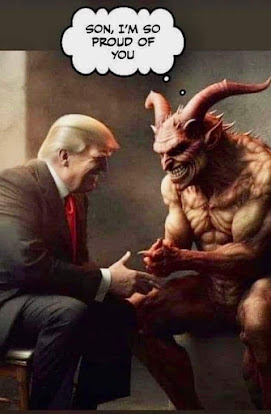














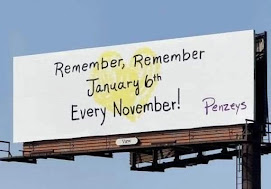

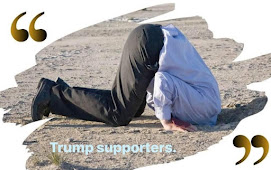

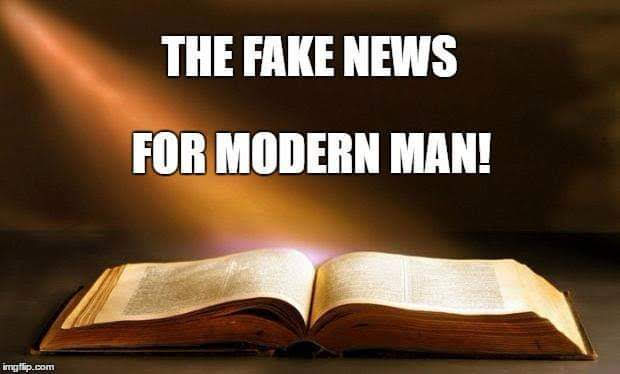
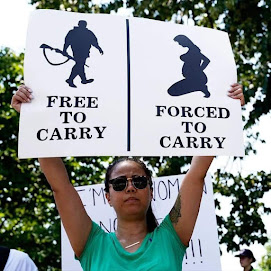

No comments:
Post a Comment